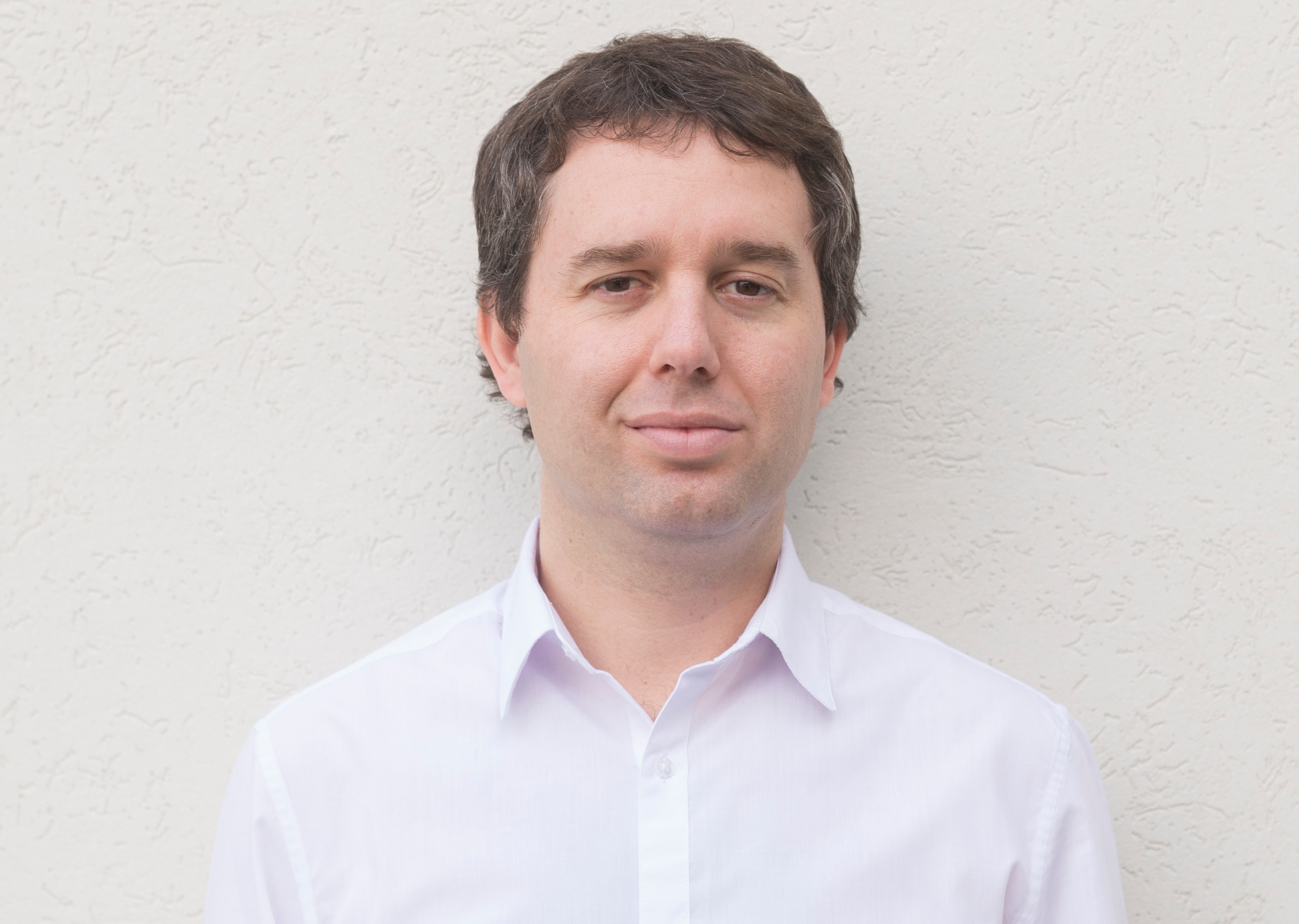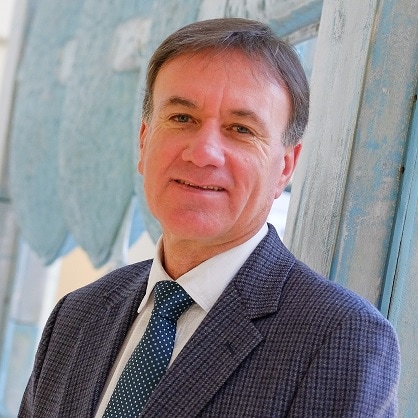
Christina Bain: Why businesses need to be involved in the fight against human trafficking
11 nov 2019

Human trafficking is devastating societies around the world.
Estimates in recent years stipulate that between 20 and over 40 million victims are trapped in modern-day slavery,1 following the destabilization of governments and human security driving the mass migrations of people around the world. This means that on average, there are 5.4 victims of modern slavery for every 1,000 people in the world. 2
Conditions are perfect for traffickers to exploit. And today, more and more environments providing the perfect ground for trafficking are on the rise.
One instance of this is climate change, the devastating effects of which are now wreaking havoc on refugee populations. In 2016 alone, extreme weather-related disasters displaced around 23.5 million people. 3
Unhabitable conditions are driving desperate people to flee their homes, leaving climate refugees at huge risk to predatory criminals.
Consent is off the table; victims are left with no choice. The unstable and often dangerous circumstances they face force them to make the grueling decision to move. In Bangladesh, for example, the projected 50cm rise in sea level will equate to an approximate 11 percent loss of land, ruining agriculture and salinization. By 2050, it’s estimated that one in every seven Bangladeshis will be displaced by climate change. 4
Perpetrators construct multiple ways to economically exploit these situations, and we see the organized criminal networks dealing in arms, drugs, and counterfeit pharmaceuticals also trade in human beings. Nothing works in isolation; everything is related and linked.
The changing nature of business and consumer demand for cheap goods and services has led to a surge in trafficking within the global supply chain. Figures state that over half of slavery victims are trapped in forced labor, with six out of ten exploited in the private sector.5 This fast pace has created a vulnerability for exploitation at proof points where human trafficking and slavery could intersect within the business ecosystem.
Fighting organized crime networks
Human trafficking is an extremely complex crime that is very much related to other forms of illicit trade. It is in itself a business.
Like legitimate businesses, organized crime networks are driven by economic gains; if they were not profitable, they wouldn’t be in existence. By treating trafficking as a profitable business model, it becomes apparent how organized crime operates with similar structures to its legal counterparts. And that is where the private sector can make an impact.
To tackle this issue, we must use legitimate business structures and commercial models to address what may be happening in their supply chain. The private sector can work in tandem with certain NGOs and governments for a tri-sector approach. These stakeholders can help corporations examine their supply chains, and using their global knowledge and expertise, provide support in order to mitigate and address human rights abuses that are happening.
I have studied the role of the private sector and how it is uniting with different NGOs, civil society, law enforcement, governments, academia, and businesses to work together in addressing this issue. My belief is we need a tri-sector approach involving these entities.
An initiative I co-founded, RESPECT, looks at ways to promote such collaboration. By assembling key thought leaders, practitioners, and policymakers, we will identify solutions to public and private sector challenges surrounding modern slavery. RESPECT endeavors to add value where it can by facilitating debate between diverse stakeholders; providing relevant contributions to the research basis; building linkages to other crimes; and developing effective public policy towards a more effective global response.
Spotlight on technology
The crime of human trafficking, like other forms of illicit trade, is often facilitated by the Internet, which provides the speed and anonymity for the criminal networks to expand. This ranges from buying/selling online or simple smartphone use by criminals.
Given the importance of understanding technology as not only a facilitator of human trafficking, but also a powerful tool to combat it, a tri-sector approach is even more vital. Another example of a tri-sector approach is Tech Against Trafficking (“TAT”), a coalition of global technology companies collaborating with experts around the world to help eradicate human trafficking and forced labor using technology. Its goal is to work with civil society, law enforcement, academia, and survivors to identify and create technology solutions that disrupt and reduce human trafficking; prevent and identify crimes; and provide remedy mechanisms for victims and support survivors through innovation, collaboration, guidance, and shared resources.
Tackling trafficking together
Success to date has been catalyzed when public-private partnerships and key actors have come together, with the shared understanding that they cannot work in isolation. The global criminal networks behind illicit trade are interwoven, so the private-public partnerships tackling them must follow suit—pooling resources and sharing knowledge to tackle what is becoming an ever increasingly complex crime.
For a demonstration of how true success can be achieved by sharing the responsibility and not relying on one sole agent to solve the complexities, read the World Economic Forum’s report on shared responsibility within supply chains. The accompanying write-up also notes the importance of the shared responsibility model to devise collective solutions to address the human rights issues prevalent in complex supply chains.
A multi-stakeholder approach in addressing these crimes is critical, and we must bring together a diversity of specialists with specific skill sets to address the multi-faceted complexities of this crime.
Christina Bain is the former Director of the Initiative on Human Trafficking and Modern Slavery at Babson College.
1International Labour Organisation: Forced labour, modern slavery, and human trafficking
2ibid
3Environmental Justice Foundation: Climate displacement in Bangladesh
4ibid
5International Labour Organisation: Forced labour, modern slavery, and human trafficking


